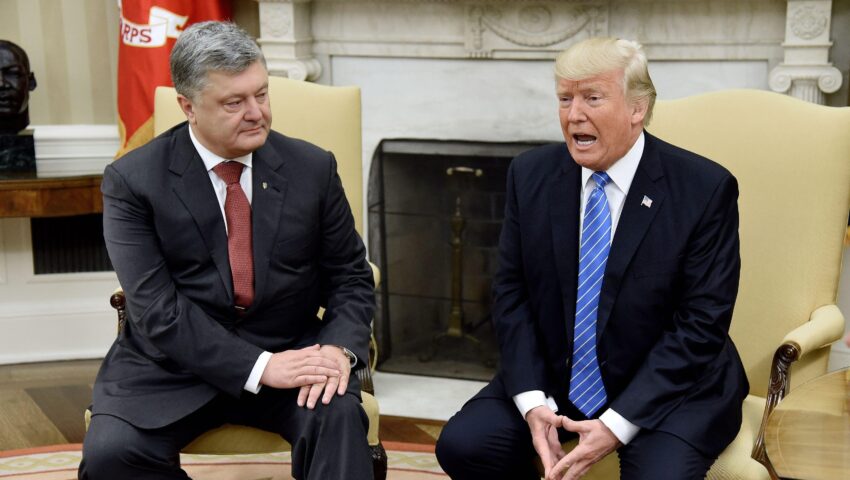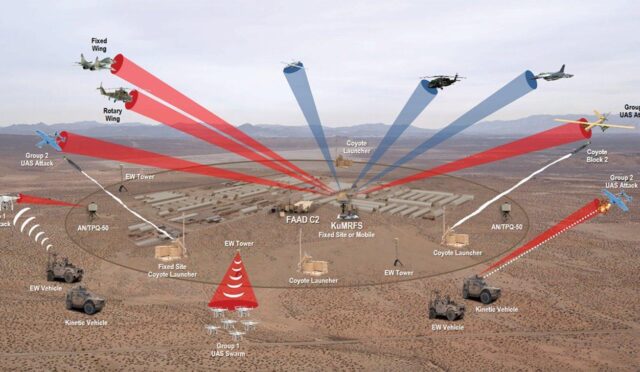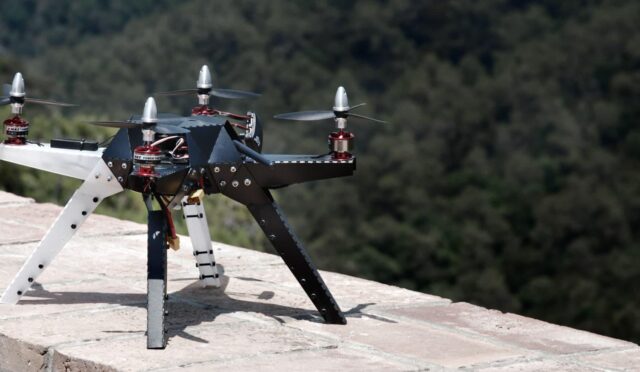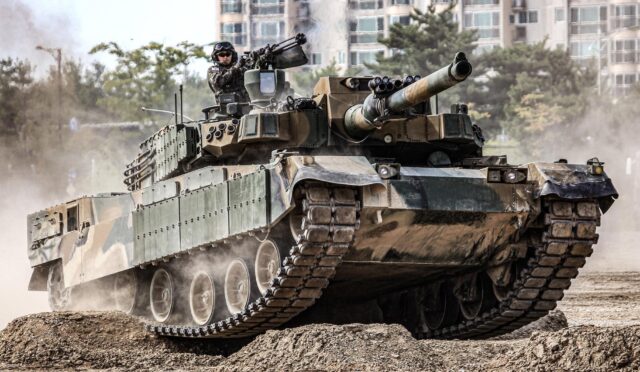Trump’s Proposal on Ukraine’s Future
In a recent interview with Fox News, former President Donald Trump suggested that Ukraine could potentially become part of Russia in the future. His statement came as Vice President JD Vance is set to meet with Ukrainian President Volodymyr Zelensky this week. Trump advocated for an end to the ongoing conflict with Russia, which has persisted for nearly three years, emphasizing the need for a resolution that would benefit U.S. interests.
Trump’s remarks included the notion that negotiations could lead to a deal, although he acknowledged the uncertainty surrounding the outcome. He stated, “They may make a deal, they may not make a deal. They may be Russian someday, or they may not be Russian someday.” This perspective highlights the complexities of the geopolitical landscape as the conflict continues to evolve.
Investment and Resource Negotiations
During the interview, Trump expressed the importance of ensuring a return on investment from the U.S. aid to Ukraine. He hinted at a potential exchange involving Ukraine’s natural resources, particularly rare minerals, stating, “We are going to have all this money in there, and I say I want it back.” Trump claimed that Kyiv had essentially agreed to provide resources worth approximately $500 billion, aiming to solidify the financial relationship between the U.S. and Ukraine.
This proposition raises questions about the motivations behind U.S. support for Ukraine and whether economic incentives could play a significant role in shaping future agreements. Trump’s approach reflects a transactional attitude towards foreign aid, which could influence the dynamics of international relations in the region.
Sending Envoys and Seeking Security Guarantees
In addition to his comments on negotiations, Trump announced the appointment of his special envoy, Keith Kellogg, who will be sent to Ukraine to develop a proposal aimed at ending the conflict. While Trump advocates for a swift resolution, President Zelensky has been vocal about his demands for solid security guarantees from the U.S. as part of any deal with Russia.
Zelensky fears that any agreement lacking robust military commitments—like NATO membership or the presence of peacekeepers—could simply give Russia time to regroup and launch further offensives. This sentiment underscores the delicate balance that both leaders are attempting to navigate as they seek to protect their respective interests.
Upcoming Meetings and Diplomatic Efforts
Zelensky is scheduled to meet with Vance on the sidelines of the Munich Security Conference, which runs from February 14 to 16. This meeting is expected to address ongoing tensions and potential paths towards peace. Furthermore, it is reported that Kellogg will arrive in Ukraine on February 20, coinciding with the three-year anniversary of Russia’s invasion.
As diplomatic efforts ramp up, Zelensky has reiterated the need for “real peace and effective security guarantees” for Ukraine. His remarks reflect the urgency of the situation, as he emphasizes the importance of security not only for Ukraine but for the broader free world.
Challenges to Direct Negotiations
Despite Trump’s desire to mediate an end to the conflict, he has yet to propose a concrete plan for negotiations. Both Zelensky and Russian President Vladimir Putin have previously dismissed direct talks, complicating the prospects for peace. Putin demands that Ukraine relinquish control over significant territories in the south and east, while Zelensky has firmly rejected any territorial concessions.
This stalemate highlights the challenges of reaching a mutually agreeable resolution, as both sides remain entrenched in their positions, making it difficult to find common ground.
Claims of Annexation and Territorial Disputes
Russia has claimed to have annexed five regions of Ukraine, including Crimea in 2014 and Donetsk, Kherson, Lugansk, and Zaporizhzhia in 2022, despite not exercising full control over these areas. Zelensky has indicated that discussions with Trump are in the works, although specific arrangements and dates remain unconfirmed.
The ongoing territorial disputes complicate the situation further, as Zelensky acknowledges the need to explore diplomatic options for reclaiming lost territories while maintaining a strong stance against ceding any ground.
Trump’s Communication with Putin
Recent reports from the New York Post revealed that Trump had a phone call with Putin, discussing potential avenues to end the conflict. According to Trump, Putin expressed a desire to see an end to the violence, although Kremlin spokesman Dmitry Peskov neither confirmed nor denied the conversation took place.
This interaction raises questions about the role of U.S. leadership in negotiating peace and the potential for communication between the two leaders to influence the course of the conflict.
Zelensky’s Participation in the Munich Security Conference
The organizers of the Munich Security Conference have confirmed that Zelensky will participate in the summit, which is expected to draw significant international attention. The U.S. delegation will include Secretary of State Marco Rubio, along with Kellogg and Vance, reflecting a strong American presence in discussions about the ongoing conflict.
Notably, there will be no representatives from the Russian government at the conference, signaling the complexities of international dialogue surrounding the war in Ukraine.
Escalation of Hostilities in Eastern Ukraine
As diplomatic efforts unfold, hostilities continue to escalate in Ukraine’s eastern Donetsk region, where Russian forces have made gains over the past year. Many settlements have been devastated by relentless bombardment, further complicating the humanitarian crisis.
Additionally, Ukraine’s energy infrastructure remains under siege, with officials reporting ongoing attacks that threaten the nation’s energy stability. The urgency of the situation has prompted Kyiv to implement emergency power supply restrictions to mitigate the impact of these assaults.
The Path Forward: Uncertain Yet Critical
As the conflict continues, the path forward remains uncertain. The interplay of diplomatic negotiations, military strategies, and economic pressures will shape the future of Ukraine and its relationship with both the U.S. and Russia.
Both leaders’ willingness to compromise and engage in meaningful dialogue will be crucial in determining whether a sustainable peace can be achieved, or if the region will continue to face prolonged instability.







